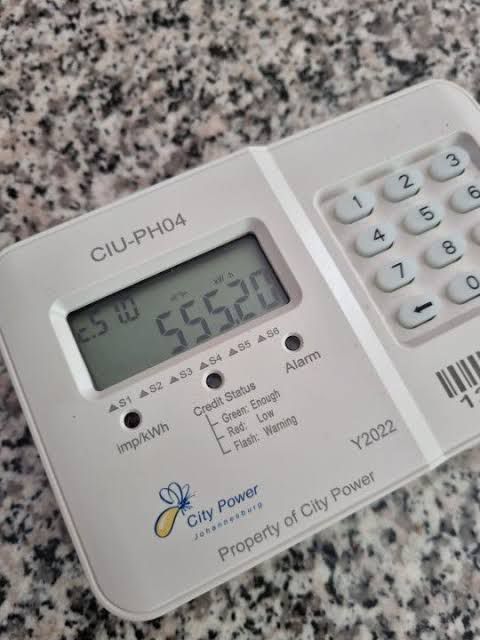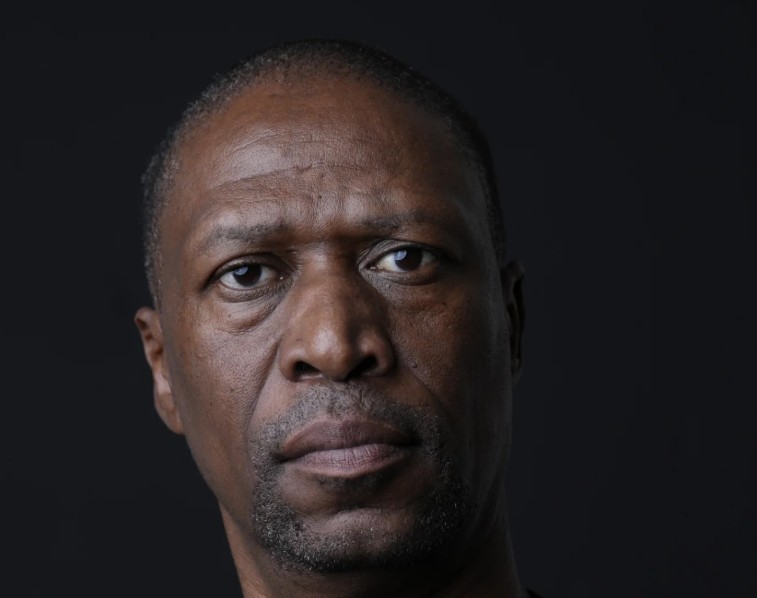OPINION: What do winning and losing possibly look like in Gauteng?
By TK Pooe
When you read this article it will either be the day before or on the 1 November 2021 Election Day. During the lead up to the Local Government Election 2021 (LGE-21) you would have experienced or even come across numerous political parties and politicians appealing to you to give/loan them your Ward and vote for another five-year period.
However, an often missing analysis of the Local Government Election 2021 over the last few years has been a debate examining what winning and losing should look like post-elections in Gauteng’s municipalities. My thinking for wanting to approach the LGE-21 in this way is to test a theory that argues that certain parties have more to gain and others more to lose. And this is not always in equal measure.
This theory is informed by using a sporting premise, for example as a Kaizer Chiefs Football Club supporter one expects them to win the league season in and season out. However, the team hierarchy might have a different expectation of themselves, based on numerous sets of available evidence i.e. lack of quality finishers or defence within the team, poor management or even lack of recruitment.
If we set the expectation of sporting teams in this way, can one not do the same for political parties? So as you read this article, please accept my attempt at merging this form of analysis and let us examine what losing and winning could look like for Gauteng’s political actors and players in the Local Government Election 2021.
Who wins?
It is my developing view that in Gauteng the LGE-21 actually has a small opening for who might qualify to be classified as a winner. I hold the view that the major winners in the LGE-21 could actually be the smaller or newer parties, for two key reasons;
- If you are a newer party, say ActionSA, the only way you bomb out or come to be seen as a loser is if you fail to get a single seat or representative in the Cities of Johannesburg, Ekurhuleni or Tshwane. In a way, ActionSA is operating in a space where it can only be seen to gain because it is new and has a message that is set to grow as South Africa’s electorate changes in the coming decade.
- Winning in this article is also informed by having the correct mapping or pitch to voters. In other words, you know your kind and are thus able to ensure they keep you in power or you marginally experience growth. In this regard, two key parties come to mind, namely the Freedom Front+ (FF+) in the Tshwane region, and possibly the Inkatha Freedom Party (in Johannesburg and Ekurhuleni) could be potential winners.
- Who loses?
I think losing in this argument is also linked to the idea of expectancy and the idea the bigger one is the harder the fall might be. In this regard, the three political parties with the most to lose in Gauteng, automatically become, the African National Congress (ANC), Democratic Alliance (DA) and Economic Freedom Fighters (EFF). Let me take each party and explain ones logic for their potential ‘loser’ status.
The ANC, should be considered a failure if it fails to regain outright control of the metropolitan municipalities it lost in 2016. This idea is informed by the 2019 election of the current ANC representatives and their associated individual President Cyril Ramaphosa’s ‘New Dawn’ or the ‘new broom that would sweep away previous messes’.
Anything other than a return to power in the cities of Johannesburg, Ekurhuleni and Tshwane should raise questions about whether the ‘New Dawn’ ANC is any different in the eyes of the electorate.
In the case of the DA, they could stand to be considered a loser in Gauteng if they fail to move beyond controlling the much-bragged-about Midvaal Local Municipality in the Vaal region. If the DA is to be seen as more than a Cape Town/Midvaal party it needs to be voted into outright power in the two cities it briefly led via coalition means, namely Johannesburg and Tshwane.
The DA is no longer new or even foreign, but a party that is either moving forward through spreading their so-called successful management model of Cape Town/Midvaal or risks becoming a regional noise in the background of South African politics.
Finally, much like the two previous parties have a high risk of being considered a loser in Gauteng for several key reasons. However, perhaps it is good to state what a win must look like for the EFF for it not to be considered a loser. In this article’s opinion, winning for the EFF is for them to finally win an actual municipality in Gauteng, this could be the poorly run Emfuleni Local Municipality or one of the other metros in Gauteng.
The EFF has been on an upward trajectory since it entered the National electoral space, but much like the DA of Tony Leon and Hellen Zille, electoral without actually attaining ultimate power is actually lost momentum. In some citizens’ minds, the EFF operates as the ‘real’ opposition party to the ANC by virtue of the political and topical issues it places on the national political diet.
However, no institution or individual can perpetually claim to be a ‘‘kingmaker’, without owning an actual castle or proof of power. The EFF has momentum, but no real proof in the form of provincial or municipal governance structures to show for this momentum.
For the EFF, this election is key and gaining one municipality in Gauteng could catapult it towards being seen as an actual government in waiting, with proof of governing and not just rhetoric. Eventually, the bridesmaid or best man must graduate to being conferred and celebrated at their own coronation and not others’, as fun as it is to be a bridesmaid or best man.
Please, note this is a speculative opinion and not prophecy!
TK Pooe is a senior lecturer at the Wits School of Governance
Written by: Nomali
Similar posts
MORE ARTICLES

SA Powerball Results for tonight: Tuesday, 01July 2025

Zenande Mfenyana captures viewers’ hearts as Thumeka on ‘Inimba’

WATCH: Scorpion Kings begin preparations to ‘Fill Up’ Loftus Stadium

The best of Point of View: DA dares Ramaphosa, Nairobi protests turn deadly and Chrispin Phiri in the spotlight

New month brings new electricity bills for City Power customers
QUICK LINKS
UpComing Shows

The Best T in the City
With T Bose
He has held it down in the world of mid-morning radio with the best music, riveting topics, brilliant mixes and interesting guests. Every weekday, The Best T proves why he is the BEST by connecting to you like only your bro or favourite uncle could. He lets his listeners dictate the songs they want to hear in the ever-popular Top 10 at 10, and his Three Teaspoons never run out. Catch The Best T in the City Mondays to Fridays from 09h00 to 12h00.
close
Feel Good
With Andy Maqondwana
Feel good about feeling good! That's exactly what The Feel-Good show is about. An escape from the negativity that surrounds us, indulging you in good feels. Pass it on to one and all. Spread the good feeling around Gauteng with Andy Maqondwana.
close
Kaya Biz
With Gugulethu Mfuphi
The world of business is simplified for you by Kaya Biz with Gugulethu Mfuphi. This fast-paced award-winning business show talks to the corporate giants as well as up and coming entrepreneurs about their wins and challenges. Gugulethu invites guests to offer their analyses of markets and economies, and also delves into issues of personal financial wellness. Kaya Biz airs Mondays to Thursdays 18h00 to 19h00.
close
Point of View
With Phemelo Motene
Point of View with Phemelo Motene delves into the day’s current affairs, touches on real issues that affect people’s daily lives and shares expert advice on questions posed by the audience. Mondays to Thursdays 20:00 to 22:00.
closeConnect with Kaya 959
DownLoad Our Mobile App
© 2025 Kaya 959 | On The Street On The Air











